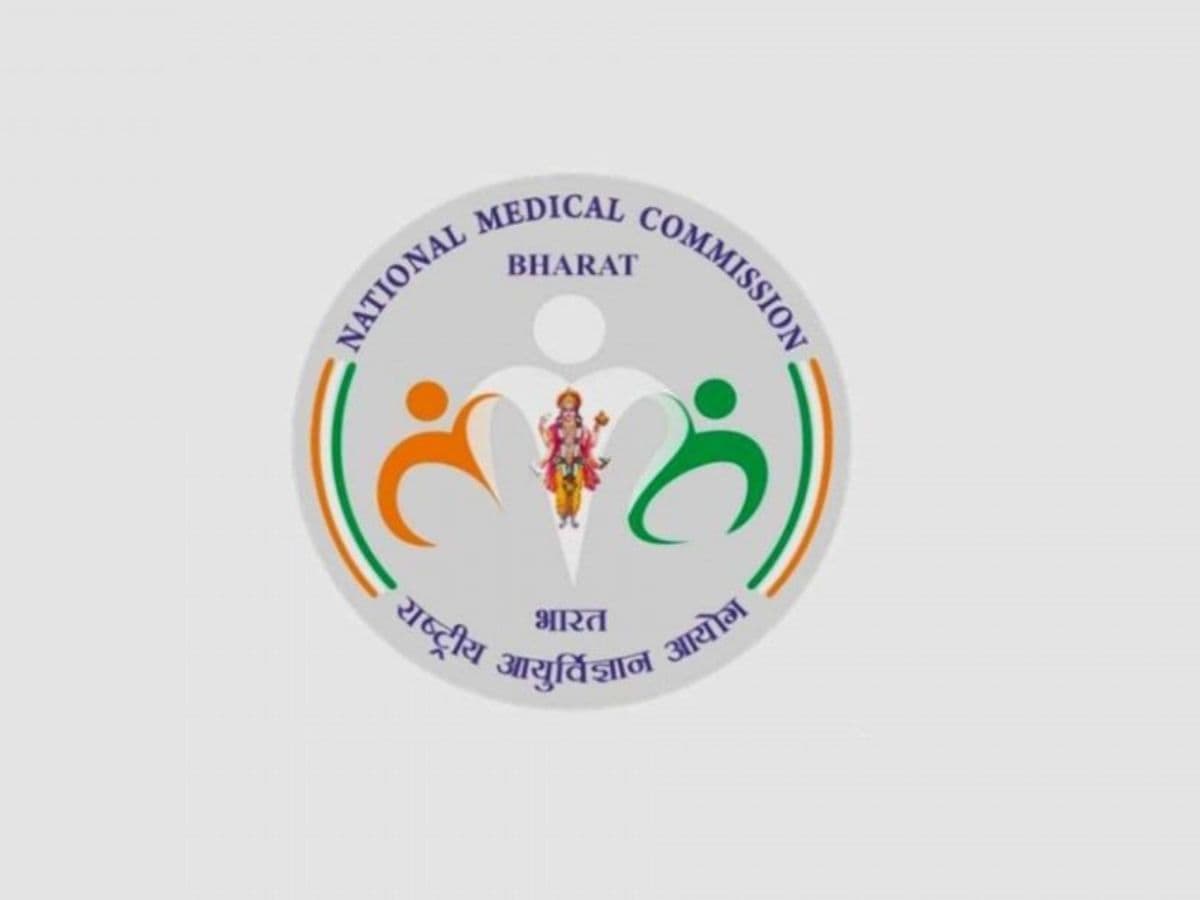
Thiruvananthapuram: The National Medical Commission (NMC) came under attack from the Indian Medical Association (IMA) Kerala unit on Thursday over its logo depicting a Hindu deity, even as the central agency stated that Lord Dhanvantari had been its emblem for the past year.
According to Hindu mythology, Lord Dhanvantari is the physician of the Gods.
Dr Sulphi Noohu, IMA Kerala president,said that a secular message and way of thinking would have been more appropriate and acceptable in the NMC’s logo.
In a Facebook post, the doctor, known for his secular views, stated that the national leadership of the IMA would raise a strong protest against the logo change.
Noohu in his post has included images of the current logo of the NMC and a purported earlier one which carries the National emblem (an adaptation from the Sarnath Lion Capital of Ashoka).
In response to IMA Kerala’s allegations, Dr Yogendra Malik, Member of the Ethics and Medical Registration Board of NMC, said that in the earlier NMC logo, “the depiction of the image of the Hindu deity Dhanvantari was in black and white, and when taking printouts, it was not clear.”
“Now it’s in colour, and that’s the only difference. The National emblem was never the logo of NMC,” he clarified.
Dr Malik also said that the logo of the Commission, which came into existence in September 2020 through the NMC Act of 2019, was decided following wide consultation and that too more than a year back.
Meanwhile, in his social media post, Dr Noohu also said that the field of medicine transcends caste and religion and should always remain so.
He said that any attempt to introduce caste or religious thoughts into this field was not acceptable at all.
Noohu further said that the IMA treats all castes and religions equally and remains politically and religiously neutral.
In June this year, the IMA Kerala had strongly objected to a request of a group of female Muslim MBBS students here seeking permission to wear long-sleeve scrub jackets and surgical hoods in operation theatres.
Noohu had said a patient is the most significant person in hospitals and operation theatres and the existing globally accepted protocol should be followed there without fail to ensure their safety.

